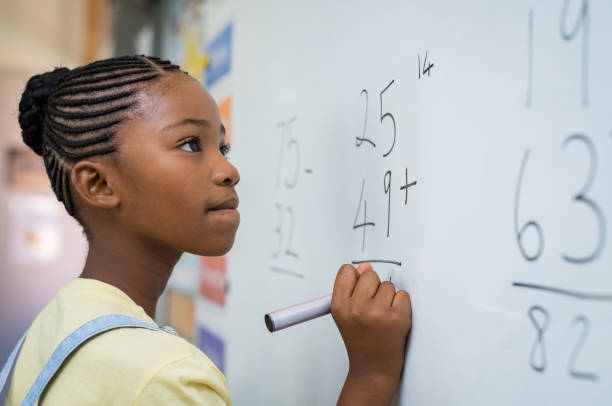The third grade marks a turning point in elementary education as kids move from learning fundamental abilities to using them in more complicated contexts. The following are some of the major abilities that are frequently taught in third grade:
- Reading: Students will continue to hone their reading abilities in third grade, with an emphasis on comprehension, critical thinking, and drawing conclusions.
- Writing: Third-graders will practice writing increasingly intricate phrases and paragraphs with an emphasis on including specifics and using descriptive language.
- Mathematics: Students will master increasingly complex math topics in math, such as multiplication and division, fractions, and fundamental geometry.
- Science: Typically, third graders study earth science, which covers rocks and minerals, fossils, and the water cycle.
- Social Studies: Third-graders will study government, economics, and fundamental American history.
- Technology: Typically, students will learn the fundamentals of using a computer, such as how to type and use word processing software.
- Social and Emotional Skills: Third graders will continue to acquire critical social and emotional competencies, such as empathy, communication, and teamwork, in addition to academic competencies.
In general, the third grade is a crucial year for developing vital social and emotional abilities while also building on the fundamental knowledge acquired in earlier grades and applying it in more complicated ways across all academic areas.





